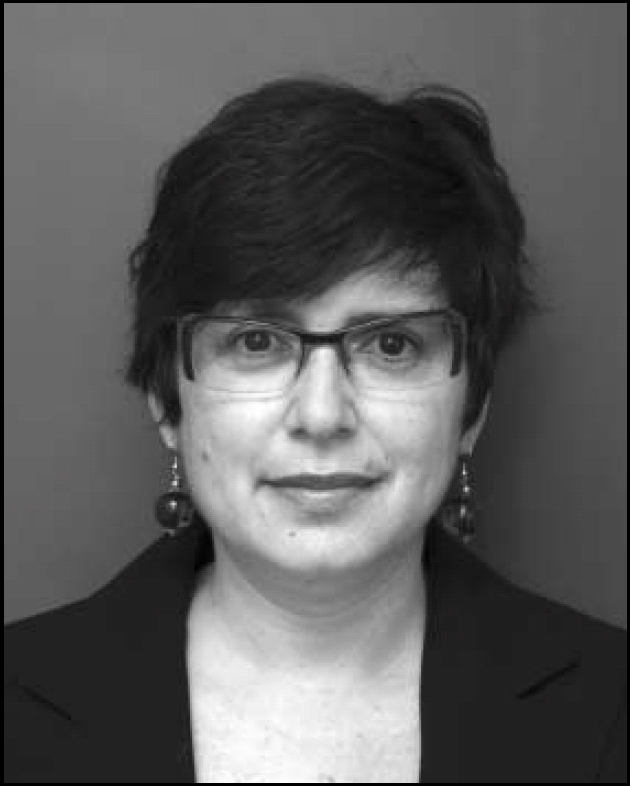Formerly Honorary Consultant Psychiatrist, Maudsley Hospital, London

Lyn Pilowsky was at the forefront of molecular imaging in schizophrenia, a pioneer in the use of single photon emission tomography. Her first study led to the finding that non-responders to antipsychotic drug treatment had high striatal dopamine receptor blockade. This discovery rendered obsolete the accepted practice of using high doses of typical antipsychotic drugs in patients with treatment-resistant illness, with consequent improvement in the quality of life of patients with schizophrenia and related illnesses who had suffered unnecessary side-effects. She was nominated by Anthony Clare, eminent psychiatrist of the 20th century, as the person to represent psychiatry in the new millennium for an article in The Times.
Lyn, born in 1961, had an impeccable pedigree: her father Issy Pilowsky, Professor of Psychiatry at the University of Adelaide from 1971 to 1997, is known for his work around the concept of abnormal illness behaviour, and for developing the Illness Behaviour Questionnaire.
Arriving at the Maudsley in 1986 (she qualified at Flinders University, Australia), Lyn was initially determined to be a psychoanalyst. She completed the necessary training (she gained the MRCPsych in 1989) but after researching and publishing a literature review of rapid tranquillisation with Malcolm Lader, she found her passion in psychopharmacology. In 1990 she was awarded a Wellcome Training Fellowship to study patients with schizophrenia using single photon emission tomography and she never looked back.
Always at the cutting edge of research, Lyn sought new methods of getting closer to the molecular basis of schizophrenia. She was the first to uncover the basis of the atypical action (limbic selectivity) of clozapine and other antipsychotic drugs. Her more recent work concentrated on novel targets for treatment in schizophrenia such as N-methyl-D-aspartic acid (NMDA) and sigma-1 receptors, finding a hitherto unreported NMDA receptor deficit in the brains of living patients with schizophrenia. Her research was driven by her determination to improve the quality of patients’ lives. She was always hopeful that her research would lead to better treatments for schizophrenia than those that were currently available and thought that more effective drugs, with fewer side-effects, should be the primary aim of schizophrenia research. In 2004 she was made Professor of Neurochemical Imaging and Psychiatry at the Institute of Psychiatry.
As well as being a researcher, Lyn was an excellent clinician. She developed a national antipsychotic review service and went on to found the first early-onset treatment service at the Maudsley. Despite working in biological psychiatry, Lyn never forgot her psychoanalytic roots. For her, patients always had a mind. She fostered and encouraged those with whom she worked to always approach patients with compassion. She was a warm, outgoing and unique person, who was loved by her patients, to whom she always gave her best. She was diagnosed as having a brain tumour and her illness stopped her from continuing her clinical work. She was also a marvellous teacher, supervising countless PhDs, and willingly giving her time and energy to her students and colleagues. Those who were privileged to work with Lyn will miss her friendship, her academic leadership, her gift for laughter and fun, and her unwavering personal and professional integrity.
Lyn had a passion for music and was the lead singer in a bluegrass band for several years. She continued to take great delight in singing and, when the mood took her, was known to put on impromptu performances. On one occasion this resulted in the offer of a job as the in-house singer at a restaurant! She loved life, taking great pleasure in everything she did. She was a devoted mother to her daughter, Judith, who survives her.
Lyn died on 16 July 2007.



eLetters
No eLetters have been published for this article.